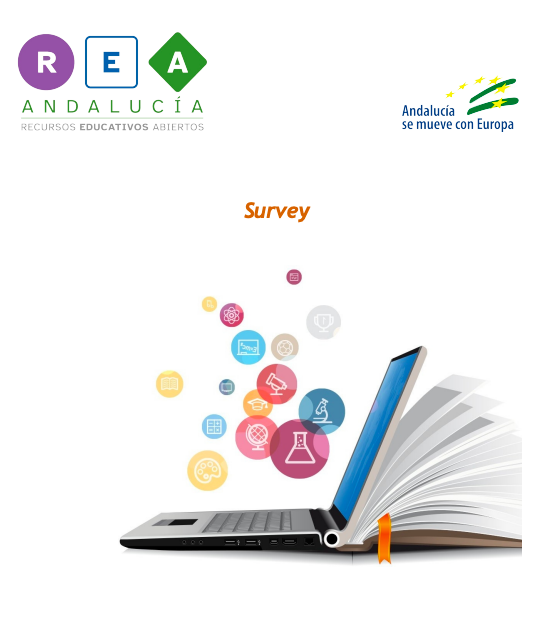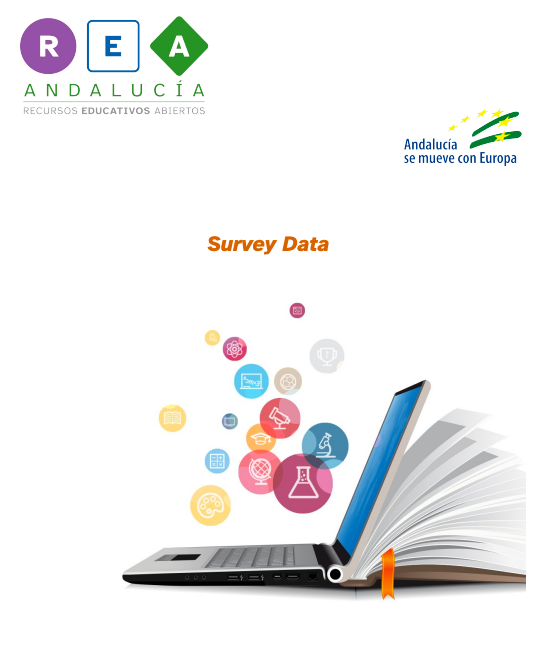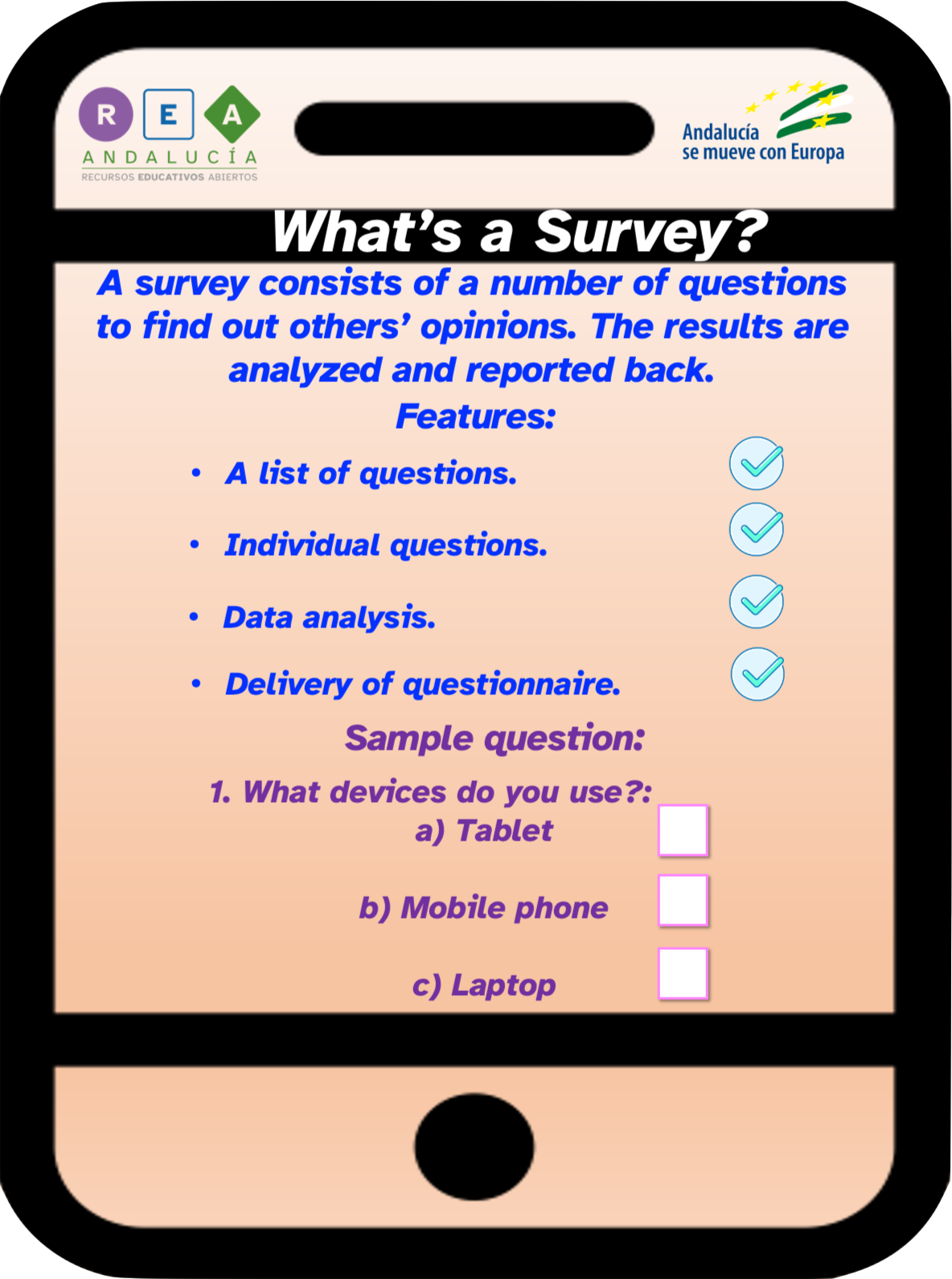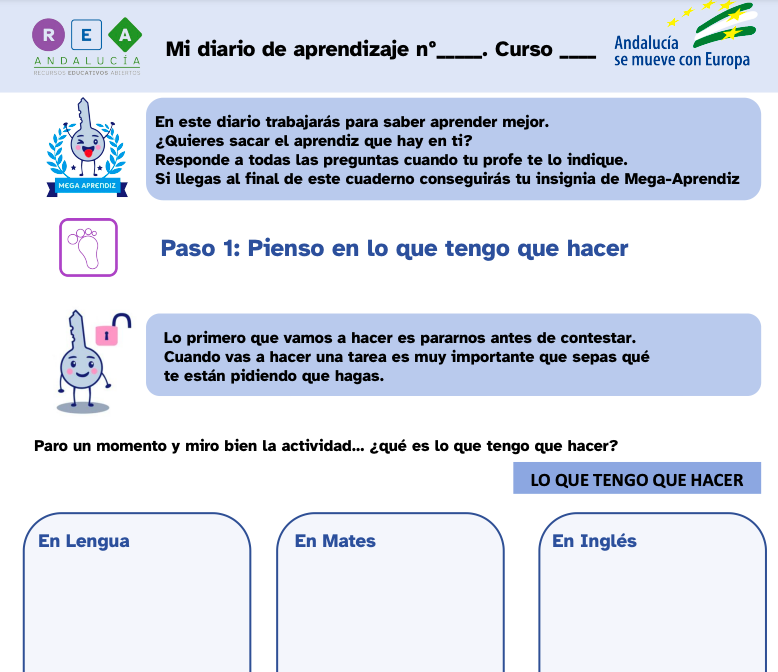Dictionary
Leisure
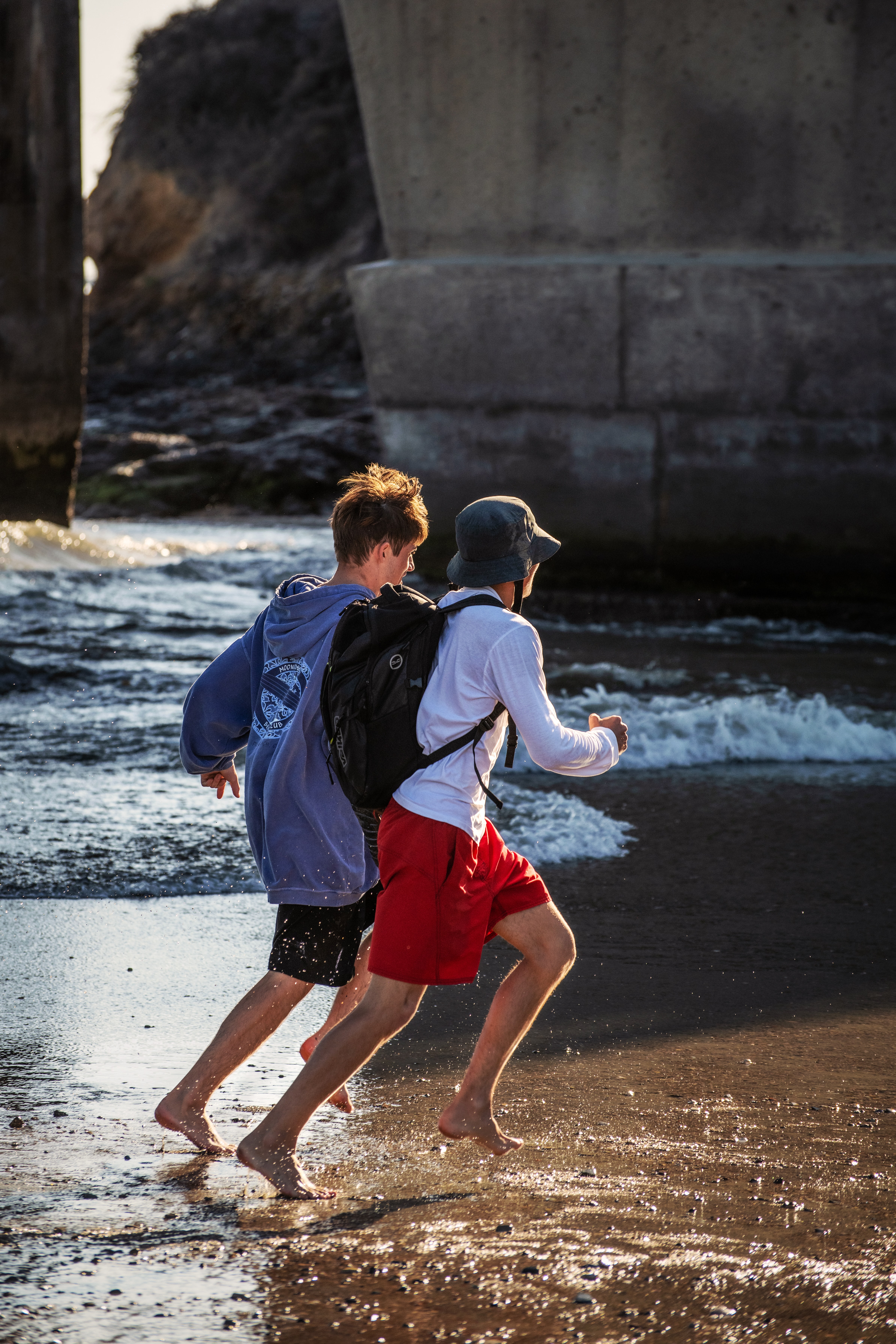
- Definition:
-
Leisure is the time you spend relaxing and doing activities that you like.
Tiempo libre que tiene una persona y lo pasa haciendo actividades que le gustan.
- Example:
-
Running, playing basketball, knitting, listening to music, etc. are examples of leisure activities.
Correr, jugar al baloncesto, tejer, escuchar música, etc. son ejemplos de actividades de ocio.
- Spanish word:
-
Ocio
Audio:
Survey
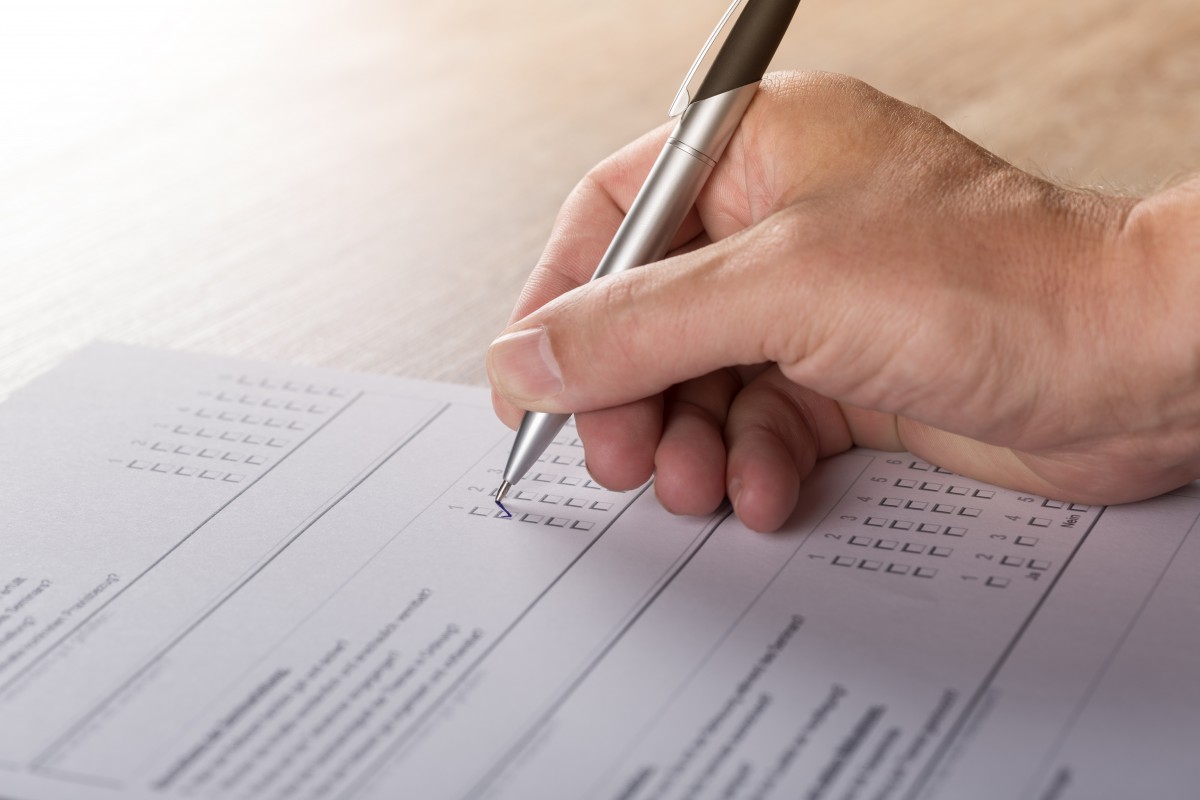
- Definition:
-
Study on different topics obtained by asking people a series of questions.
Estudio de diferentes temas a partir de las preguntas realizadas a personas.
- Example:
-
The survey showed that 85% of the university population was against the new politics of the government.
La encuesta mostraba que el 85% de la población universitaria estaba en contra de las nuevas políticas del gobierno.
- Spanish word:
-
Encuesta
Audio:
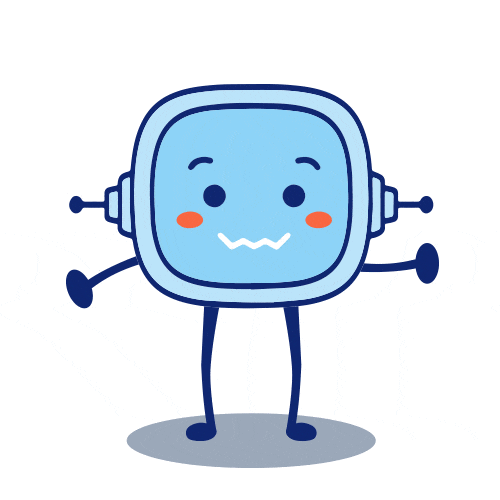 It’s time to investigate a bit!
It’s time to investigate a bit!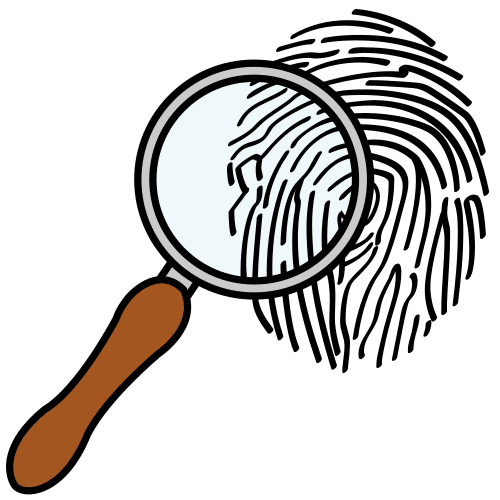 You are going to investigate.
You are going to investigate.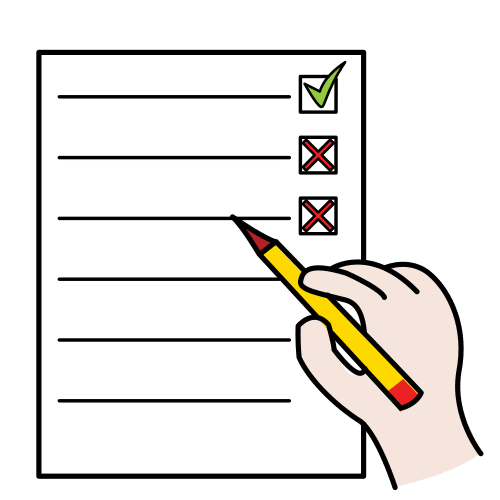 Take a look at this survey.
Take a look at this survey.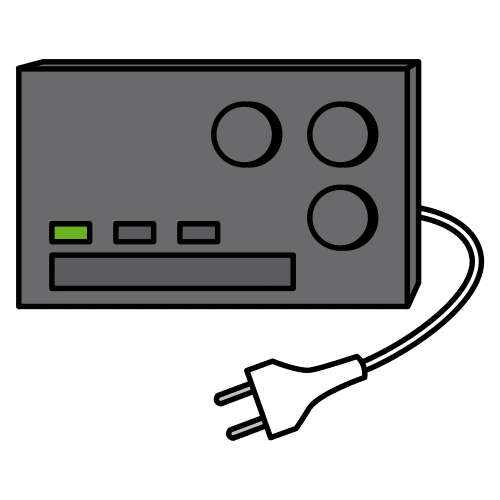 A survey on the use of electronic devices.
A survey on the use of electronic devices.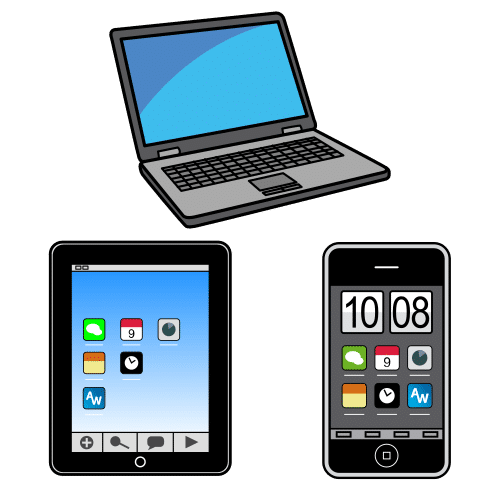 An electronic device is a mobile phone, a computer or a tablet.
An electronic device is a mobile phone, a computer or a tablet. You will know if they use it for fun.
You will know if they use it for fun. You will know if they use it to communicate.
You will know if they use it to communicate.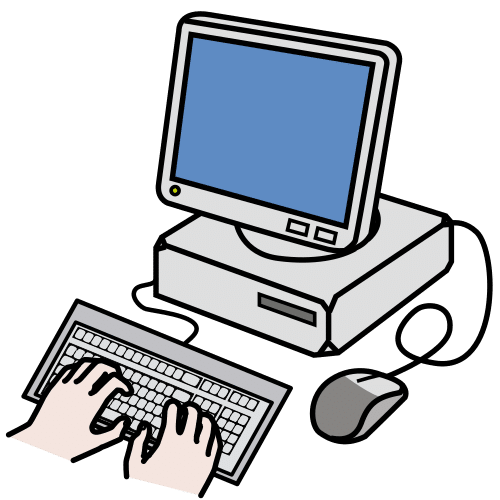 You will know if they use it for work.
You will know if they use it for work.